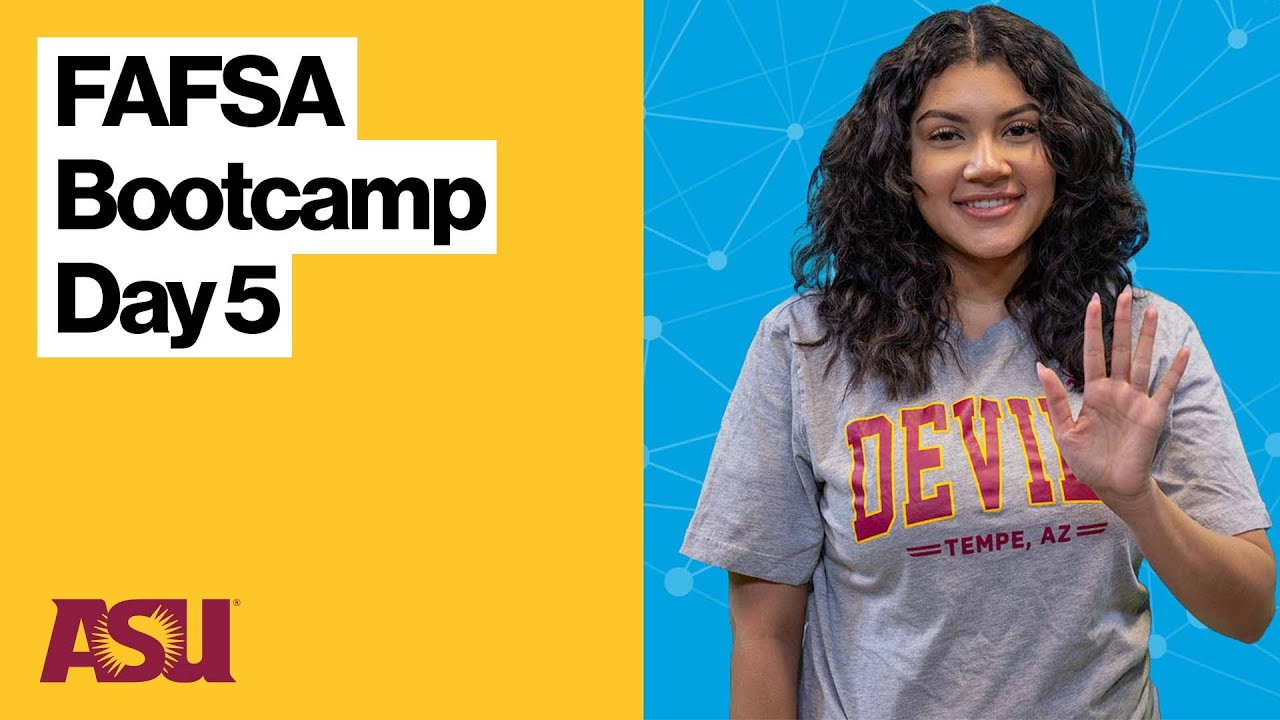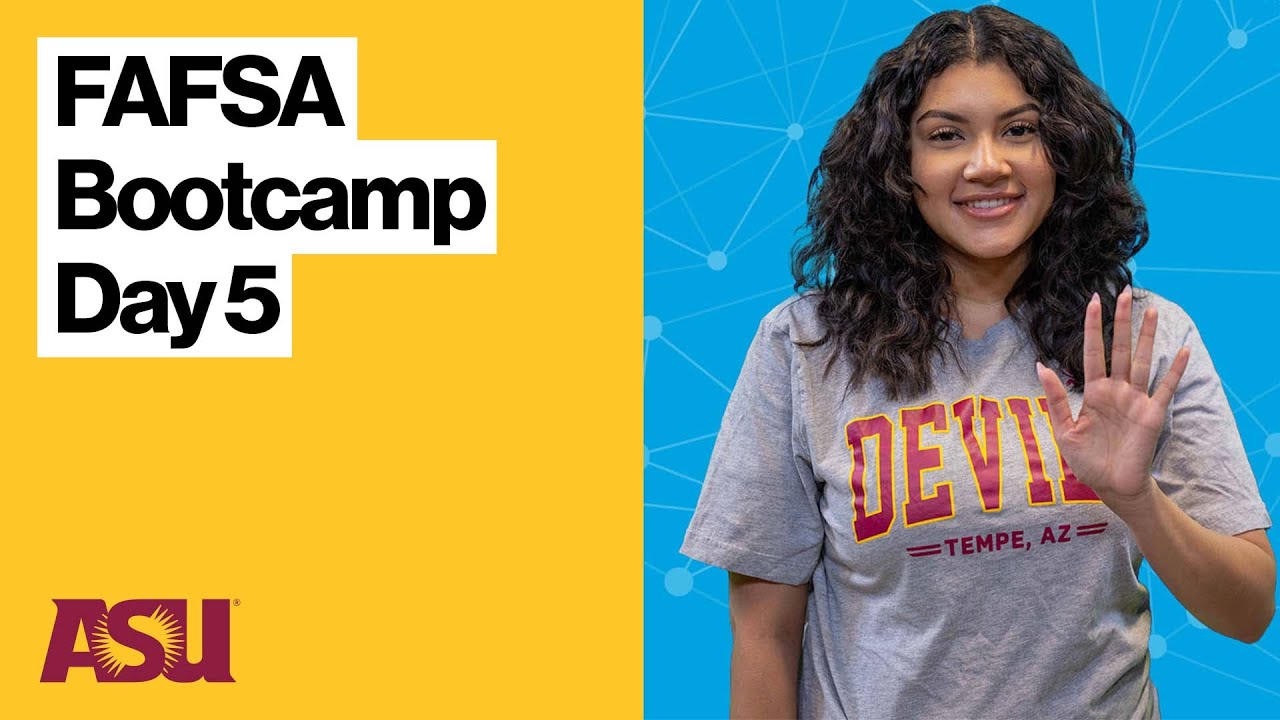Funding Options for Coding Bootcamps: Does Fafsa Cover Coding Bootcamps

Securing funding for a coding bootcamp can be a significant hurdle, but thankfully, several options exist beyond federal student aid like FAFSA. Understanding the various funding avenues and their associated benefits and drawbacks is crucial for prospective students to make informed decisions. This section will explore alternative funding sources, highlighting their advantages and disadvantages, and provide a detailed look at income share agreements.
Alternative Funding Sources for Coding Bootcamps
Numerous alternative funding options can help finance a coding bootcamp education. These options often cater to different financial situations and risk tolerances. Careful consideration of individual circumstances is key to selecting the most appropriate funding method.
- Personal Savings: Utilizing personal savings is a straightforward approach, offering complete control over repayment. However, it requires significant upfront capital and may delay other financial goals.
- Loans from Banks or Credit Unions: Traditional loans provide a structured repayment plan but typically involve interest charges, potentially increasing the overall cost. Credit scores and financial history heavily influence loan approval and interest rates.
- Employer Sponsorship: Some employers sponsor employee training or tuition reimbursement programs. This can be a highly advantageous option, but it depends on employer policies and individual eligibility.
- Scholarships and Grants: Various organizations and bootcamps offer scholarships and grants based on merit, need, or specific demographics. These are generally non-repayable and can significantly reduce the overall cost.
- Coding Bootcamp Financing Partners: Several financing companies specialize in providing loans specifically for coding bootcamps. These often offer flexible repayment options, but interest rates and terms should be carefully reviewed.
Income Share Agreements (ISAs) for Coding Bootcamps
Income share agreements (ISAs) represent a unique funding model. Instead of traditional loan repayments, students agree to pay a percentage of their post-bootcamp income for a set period. The percentage and duration vary depending on the bootcamp and the student’s agreement.
ISAs can be attractive because they tie repayments to income, meaning students pay less if their post-bootcamp salary is lower. However, the overall cost could potentially exceed traditional loans if the student earns significantly more than anticipated. The length of the repayment period can also be substantial. It is vital to carefully review the terms and conditions of any ISA before signing. For example, a student might agree to pay 15% of their income for 36 months after securing a job exceeding a certain salary threshold. If their income is lower than that threshold, there may be no payment.
Comparison of Funding Options, Does fafsa cover coding bootcamps
The following chart compares interest rates and repayment terms for different funding options. Note that these are illustrative examples and actual rates and terms will vary depending on the lender, the borrower’s creditworthiness, and the specific loan agreement.
| Funding Option | Typical Interest Rate | Repayment Term | Advantages |
|---|---|---|---|
| Personal Savings | N/A | N/A | No interest, complete control |
| Bank Loan | 5-15% (variable) | 3-5 years | Structured repayment |
| Employer Sponsorship | N/A | Varies by employer | No repayment needed |
| ISA | Variable percentage of income | 3-5 years | Income-based repayment |


Tim Redaksi